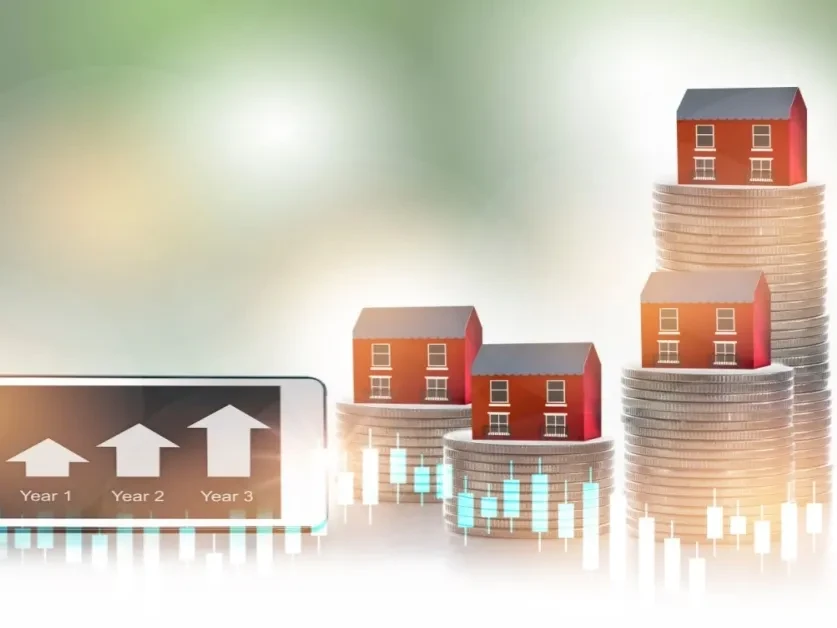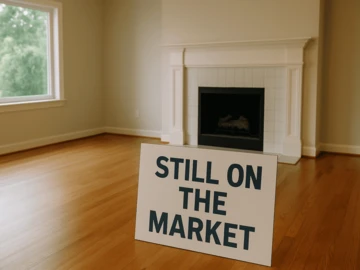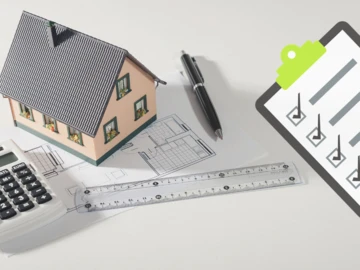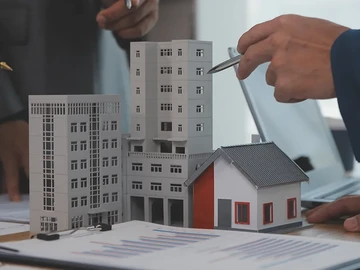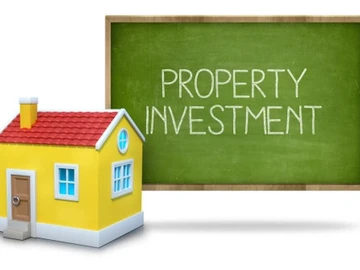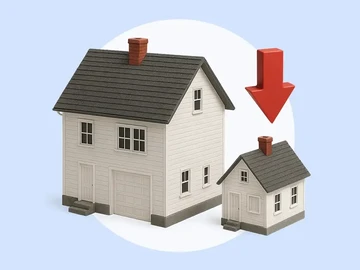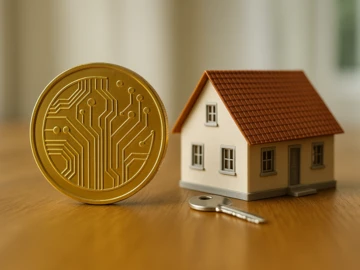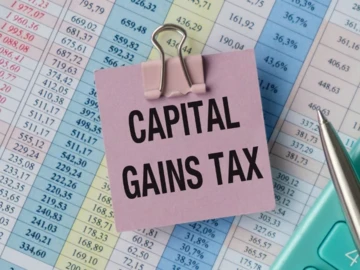From leafy suburbs and cluster homes to booming remittances and rising prices, Harare’s property market offers surprising value, growth, and lifestyle especially for Zimbabweans in the diaspora.
Zimbabwe’s real estate market has been evolving rapidly. If you’ve been away for a while, you might be surprised at how much has changed. From upscale estates in Borrowdale and Highlands to more affordable, well-planned developments in Madokero, Harare now offers a wide spectrum of real estate that blends modern living, investment value, and a strong sense of home.
Current Stats: What the Numbers Tell Us
Here are recent figures that show how the market is transforming:
|
Metric |
Stat |
Notes |
|
Diaspora Remittances |
US$2.2 billion in 2024, up ~22% from 2023 |
A large portion of these inflows is going into property purchases back home. |
|
Remittance Growth, Early 2025 |
US$1.09 billion in the first half of 2025; ~8.4% increase from the same period in 2024 |
Many diaspora Zimbabweans are using these funds for real estate. |
|
Average House Prices (Harare) |
US$240,000, with variation depending on suburb |
Premium suburbs go much higher. |
|
Average House Price Nationwide |
US$128,000 across Zimbabwe |
Prices vary significantly by region and property type. |
|
High-End & Luxury Prices |
Premium homes in Borrowdale and Highlands often fetch between US$500,000‑US$750,000+ |
Some estates exceed US$1 million. |
|
Growth Over Time |
Harare property prices have increased ~40% over the past five years |
Entry-level properties are still accessible in some suburbs. |
|
Entry-Level / More Affordable Options |
Houses in high-density suburbs range from US$35,000 to US$90,000; apartments & townhouses closer to US$25,000–70,000 |
Popular among first-time buyers and diaspora investors. |
Real-Life Examples & Trends
Here are real examples and trends to illustrate these numbers:
- Borrowdale & Pomona continue to be top picks among diaspora buyers. These suburbs host premium gated estates and luxury homes with lush gardens, manicured roads, and 24-hour security.
- Mount Pleasant Heights: Serviced stands and cluster homes are in demand, especially among families returning from abroad or seeking quality infrastructure and schools.
- Madokero: Offers secure and properly planned developments at more accessible price points. This area is increasingly popular for people wanting to live in Harare permanently or invest in rental properties.
- Harare CBD & Suburban Shift: Many businesses and homeowners are moving to suburbs like Highlands, Borrowdale, and Newlands due to congestion, parking costs, and better amenities. Vacancy rates in Harare CBD have reached approximately 60%.
How It Compares with Living Abroad (for Diaspora)
- The cost to buy or rent a modest home abroad is significantly higher than in Harare. Even mid-income homes in leafy suburbs provide more space, community, and security for the same or lower cost.
- Many diaspora Zimbabweans are cash buyers, reducing reliance on mortgages and speeding up property acquisition.
Investment & Lifestyle Insights
- Return on Investment: Properties in desirable suburbs have appreciated 8‑12% annually in the luxury segment.
- Rental Yields: Estimated yields are around 8‑10% for many residential properties.
- Market Drivers: Limited supply of serviced land, diaspora demand, desire for gated living, and better infrastructure in northern suburbs are pushing demand and prices higher.
Community, Belonging & Other Intangibles
Even with higher absolute prices, the familiarity of social networks, culture, proximity to family, and sense of “home” remain strong pull factors. Many diaspora-funded buyers feel that what they pay brings them not just property but a lifestyle that’s harder to replicate abroad for the same cost.
Conclusion
Living abroad offers many benefits stable services, predictable regulations, and access to certain amenities but when it comes to real estate, Harare is catching up in ways that surprise even seasoned diaspora Zimbabweans. For those with capital to deploy, the numbers show that investment in Harare’s property market can deliver both lifestyle rewards and financial upside.
 Continue with Facebook
Continue with Facebook
 Continue with Email
Continue with Email

